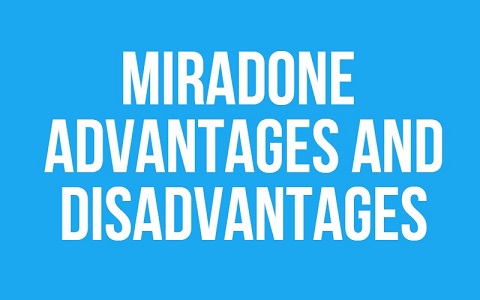Are you curious about health information and medical advice? In today’s digital age, we are bombarded with a constant flow of data related to our well-being. But how do we sift through the sea of information to find what is accurate and reliable? Join us as we explore the world of health information, uncovering trustworthy sources, understanding the importance of accuracy, and unraveling the dangers of misinformation in the medical field. Let’s navigate this vital terrain together!
Understanding Health Information
Health information encompasses a wide range of data related to physical, mental, and emotional well-being. It includes details about diseases, treatments, preventive measures, and lifestyle choices that can impact our overall health. Understanding health information is crucial for making informed decisions about our bodies and healthcare.
When exploring health information, it’s essential to consider the source of the data. Reliable sources such as medical professionals, reputable websites, and peer-reviewed journals provide accurate and up-to-date information that can guide us in our health journey.
Navigating through the complexities of health information requires critical thinking skills. It involves analyzing facts, questioning claims, and seeking multiple perspectives to form a well-rounded understanding of various health topics.
By educating ourselves on how to interpret and apply health information effectively, we empower ourselves to take control of our well-being and make informed choices that promote a healthier lifestyle.
Reliable Sources of Health Information
With the vast amount of health information available online, it can be challenging to discern what sources are reliable and trustworthy. When seeking medical advice or information, it is crucial to turn to reputable sources such as government websites like the Centers for Disease Control and Prevention (CDC) or the National Institutes of Health (NIH).
Medical institutions and organizations like the World Health Organization (WHO) also provide accurate and up-to-date health information. Additionally, trusted medical journals and publications written by healthcare professionals offer valuable insights into various health topics.
It’s essential to be cautious of sensationalized headlines or content that lacks citations from credible sources. Peer-reviewed articles, expert interviews, and evidence-based research are indicators of reliable health information.
Before making any decisions based on health information found online, consult with a healthcare provider to ensure accuracy and relevance to your specific situation. Remember, when it comes to your well-being, knowledge is power – but only if it comes from a dependable source.
The Importance of Accurate Medical Information
Accurate medical information is crucial for making informed decisions about our health. When it comes to understanding symptoms, treatments, and medications, having reliable information can lead to better outcomes. Whether you’re researching a new diagnosis or exploring preventative measures, having access to accurate medical information empowers you to take control of your well-being.
Misinformation in the medical field can be dangerous and even life-threatening. With so much conflicting data available online, it’s essential to seek out reputable sources for guidance on healthcare matters. From trusted websites to healthcare professionals, ensuring the accuracy of the information you receive is paramount.
In today’s digital age, sharing inaccurate medical information can spread rapidly through social media channels. It’s important to verify sources before reposting or sharing content related to One health topics online. By promoting accurate medical information within your network, you contribute to a more informed and healthier community overall.
Remember that knowledge is power when it comes to managing your health effectively. Stay curious, stay informed, and prioritize accuracy when seeking out medical information for yourself and others.\



